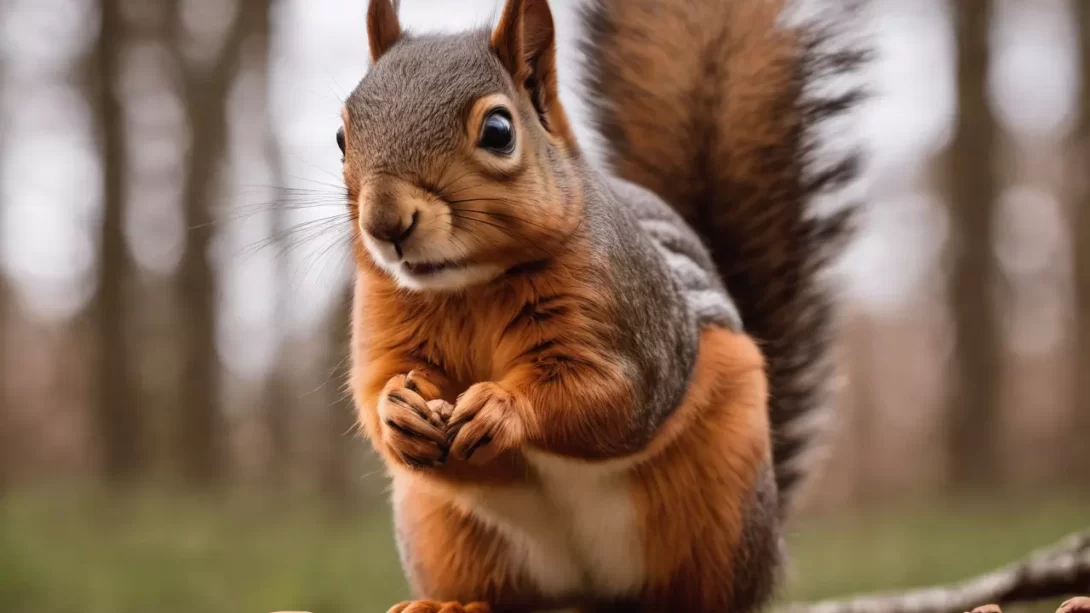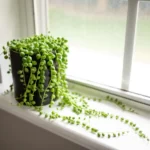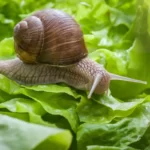Squirrels, with their playful antics and agile movements, are a common sight in many environments, from rural forests to urban parks. As an integral part of the ecosystem, they play a vital role in seed dispersal and forest health. Understanding their natural diet is important for those interested in wildlife, particularly in regards to what human-provided foods are safe for them. This article delves into the relationship between squirrels and pecans, a commonly found nut in many regions.
Pecans: Nutritional Value and Squirrels
Pecans are high in fats, proteins, vitamins, and minerals, making them a nutritious food source. For squirrels, whose diet largely consists of nuts, seeds, and fruits, pecans are particularly appealing. These nuts provide the essential nutrients needed for their high-energy lifestyle. In the wild, squirrels often forage for various nuts, and pecans are among their favorites, especially in areas where these nuts are naturally abundant.
Squirrels and Pecans: A Perfect Match?
Squirrels have a strong affinity for pecans. They are often observed skillfully opening pecan shells to get to the nutritious seeds inside. Pecans not only serve as an immediate food source but are also important for winter storage. Squirrels are known to bury nuts like pecans for later consumption, a behavior known as caching. This helps them survive during times when food is scarce, particularly in colder months. The high caloric content of pecans makes them an excellent resource for squirrels to maintain energy levels and body heat during winter.
Health Benefits of Pecans for Squirrels
Pecans are more than just a tasty treat for squirrels; they offer substantial health benefits. The high fat content in pecans is crucial for squirrels, especially in building up fat reserves for the winter. These nuts are also a good source of protein, essential for muscle maintenance and overall health. Additionally, pecans contain vitamins and minerals that contribute to the nutritional needs of squirrels. The antioxidants present in pecans can help boost the immune system of these creatures, aiding in their overall well-being. Compared to other nuts and seeds in a squirrel’s diet, pecans are particularly beneficial due to their nutrient density.
Risks and Considerations
While pecans are generally safe and healthy for squirrels, there are a few considerations to keep in mind. Overfeeding squirrels with pecans or any other human-provided food can disrupt their natural foraging habits and dietary balance. It’s important to remember that squirrels need a varied diet, and relying heavily on one food source can lead to nutritional imbalances. Additionally, pecans from human sources might be treated with chemicals or salt, which can be harmful to squirrels. Feeding wild squirrels should be done cautiously, ensuring that the nuts are natural and free from additives.
Feeding Squirrels: Best Practices
For those looking to feed squirrels, it’s important to do so responsibly. Providing a small number of pecans can be a kind gesture, but it should not replace the squirrel’s natural foraging behavior. When feeding squirrels, offer nuts in their natural form, preferably unsalted and not roasted. It’s also beneficial to provide a variety of nuts and seeds to ensure a balanced diet. Observing squirrels foraging and eating in their natural habitat is a joy, and responsible feeding practices can support their health without creating dependency.
The Role of Pecans in Squirrel’s Natural Foraging
In their natural habitat, squirrels forage for a variety of foods, and pecans play a significant role in this process. These nuts are not just a source of nutrition but also contribute to the natural foraging behavior of squirrels. Foraging is essential for their physical and mental health, as it keeps them active and engaged. By burying pecans and other nuts, squirrels also contribute to the ecosystem, as some of the buried nuts grow into new trees. This symbiotic relationship highlights the importance of pecans in both the diet and the ecological role of squirrels.
Impact of Human Interaction on Squirrel Diets
While feeding wildlife like squirrels can be enjoyable, it’s important to consider the impact of human interaction on their diets and behavior. Frequent feeding by humans can lead to over-dependence, which may disrupt their natural foraging patterns and affect their ability to survive independently. It can also lead to increased squirrel populations in certain areas, which might not be sustainable in the long term. Responsible feeding, with an understanding of these impacts, is crucial for the well-being of squirrels and the balance of local ecosystems.
Conclusion
Pecans are indeed a suitable and beneficial food for squirrels, offering essential nutrients that support their active and foraging lifestyle. However, while it can be delightful to provide pecans for these playful creatures, it should be done with consideration for their natural habits and ecological role. Balancing human enjoyment with the health and independence of wildlife is key. By feeding squirrels responsibly, or simply enjoying watching their natural foraging behaviors, we can appreciate these charming animals while contributing positively to the natural world around us.



